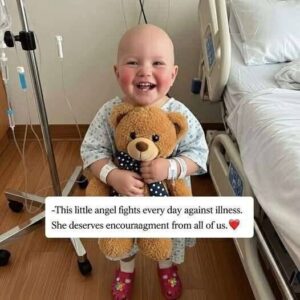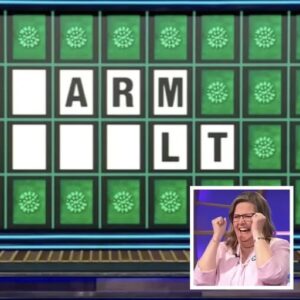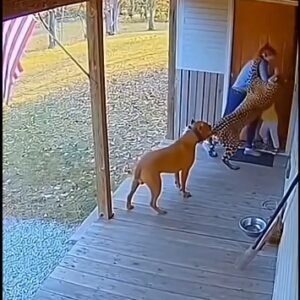She Lost Her Husband—and Then Her Home. But When Her Cruel Mother-in-Law Fell Ill, Everything Changed.
I used to believe love was a shield—that as long as James and I had each other, we’d be okay. So when he asked me to leave my finance career and stay home with our twin daughters, Grace and Ella, I trusted him.
He promised I’d never have to worry.
And for a while, I didn’t. Until the day everything shattered.
James died in a car accident, rushing home from a business trip to surprise us. The officer on the phone said words like “instant impact” and “no suffering,” but all I remember is the silence that followed.I thought losing him would be the hardest thing I’d ever face. I was wrong.
When I got home from the funeral, my mother-in-law, Judith, was waiting in the living room—her posture rigid, her voice cold.
“This house belongs to me,” she said. “James never changed the deed. You can stay, but from now on… you’ll sleep in the garage.”
I thought she was grieving. Lashing out. That she’d take it back.
She didn’t.
With nowhere else to go, no job, and no legal access to James’s accounts, I swallowed my pride for the sake of my daughters and agreed.
The garage smelled like oil and mildew. At night, I slept on a camping mat, freezing. On colder nights, I curled in the backseat of our car. I told myself it was temporary. I just had to wait for James’s estate to go through probate.
Judith treated me like a ghost. I cooked, cleaned, kissed my daughters goodnight—and then disappeared into the cold. I existed in silence.
Then, one afternoon, as the girls were coloring in the living room, Grace chirped, “I made Daddy’s eyes blue like the ocean.”
Ella added, “Daddy’s smiling in mine. He always smiled.”
I smiled through the ache in my chest.
Then came the question.
“Mommy?” Ella asked. “Why do you sleep in the garage?”
My hands froze.
Grace added, “Yeah, Grandma sleeps in your bed. Why don’t you sleep there?”
Before I could answer, I saw movement in the hallway.
Judith. Listening.
She didn’t say a word. Just turned and walked away.
A few days later, she knocked on the garage door. When I opened it, I barely recognized her. Her face was pale, her body thin. She looked frail. Small.
“I made a terrible mistake,” she said. “I’m sick, April. The doctors say it’s serious. I think… maybe this is my punishment.”
She handed me a stack of papers.
“I signed the house over to you and the girls. It’s yours now. As it always should’ve been.”
I stood there, stunned.
“Why?” I asked.
Her eyes welled with tears. “Because I have no one left. And I don’t want to die alone.”
I should’ve felt vindicated. Instead, all I felt was tired.
“Come inside,” I said.
She looked around the garage and whispered, “It’s cold in here.”
“I know,” I replied. “You get used to it.”
That night, I moved back into the house. Judith moved into the guest room. It didn’t feel like forgiveness. It felt like survival. But it was a start.
Later, in the stillness of her new room, she said, “It’s cancer. Stage three.”
She looked scared.
“You’re not alone,” I said. “Grace and Ella are still your family. And so am I. Whether we like it or not.”
Judith laughed softly, tears in her eyes.
“James would’ve wanted us to take care of each other.”
“He would,” I said. “And he’d definitely approve of all the soup you’re about to eat.”
At her next doctor’s appointment, she sat beside me, trembling. When Dr. Patel confirmed the diagnosis, I reached for her hand.
“She has us,” I told him. “She won’t go through this alone.”
On the way home, Judith whispered, “Thank you, April… for being wonderful.”
I didn’t say anything right away. I just drove us home.
We weren’t perfect. We had a long road ahead. But for the first time in a long time, we were no longer broken.
We were healing—together.





